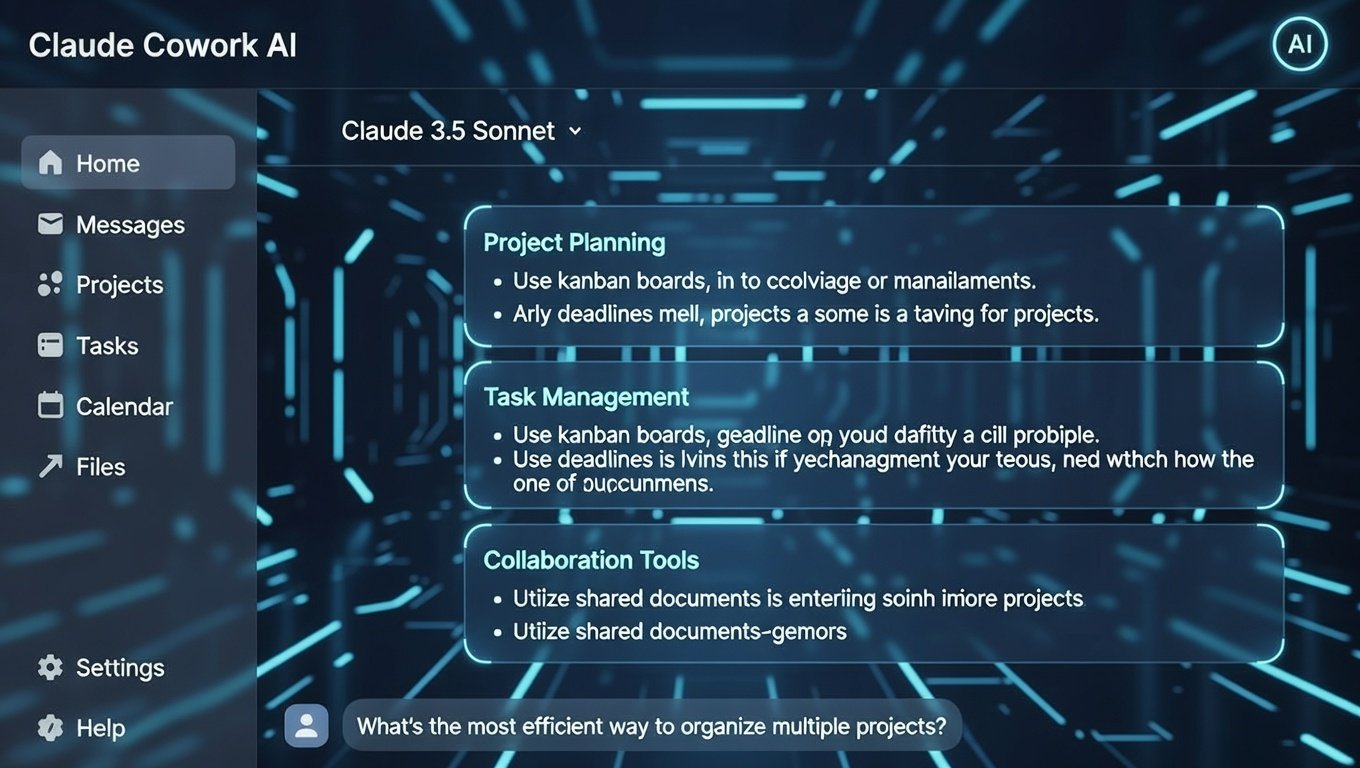Artificial intelligence (AI) is revolutionizing the manufacturing industry. With the ability to analyze vast amounts of data and optimize processes, AI is increasing efficiency and reducing costs in manufacturing. In this article, we will explore how AI is transforming the manufacturing industry.
What are the effects of AI in the manufacturing industry? Learn more about it
Introduction to AI in Manufacturing
AI in manufacturing refers to using machine learning algorithms(ML), neural networks, and other artificial intelligence (AI) technologies to improve manufacturing processes. AI can help manufacturers to optimize their production processes, improve quality control, and increase productivity.
By analyzing data from sensors and other sources, AI can help manufacturers identify inefficiencies and take corrective actions to improve their processes.
Optimizing Production Processes
One of the most significant benefits of AI in manufacturing is its ability to optimize production processes. AI can analyze data from sensors and other sources to identify inefficiencies and areas for improvement.
For example, AI can analyze data from machines to identify when maintenance is needed or when a machine is not operating at peak efficiency. By identifying these issues early, manufacturers can take corrective actions to reduce downtime and improve production.
Predictive Maintenance
Predictive maintenance is another area where AI is transforming the manufacturing industry. By analyzing data from sensors and other sources, AI can predict when maintenance will be required and schedule maintenance activities accordingly. This can help to reduce downtime and increase the lifespan of machines.
Quality Control
AI can also be used to improve quality control in manufacturing. By analyzing data from sensors and other sources, AI can identify when a product is not meeting quality standards. This can help manufacturers to identify quality issues early and take corrective actions to improve product quality.
Supply Chain Optimization
AI can also be used to optimize the supply chain in manufacturing. By analyzing data from suppliers and other sources, AI can identify potential bottlenecks in the supply chain and take corrective actions to improve the flow of materials and products. This can help manufacturers to reduce lead times and improve delivery times.
Inventory Management
AI can also be used to optimize inventory management in manufacturing. By analyzing data from sales and other sources, AI can predict demand for products and adjust inventory levels accordingly. This can help manufacturers to reduce inventory costs and improve cash flow.
Robotics and Automation
AI is also transforming the use of robotics and automation in manufacturing. Using machine learning algorithms and neural networks, robots can be trained to perform complex tasks with greater accuracy and efficiency. This can help manufacturers to reduce labor costs and improve product quality.
Data Analysis and Decision-Making
AI is also improving data analysis and decision-making in manufacturing. By analyzing data from sensors and other sources, AI can give manufacturers insights into their production processes and help them make better decisions. For example, AI can help manufacturers identify which products are selling well and which are not, allowing them to adjust their production processes accordingly.
Enhancing Worker Safety
AI can also be used to enhance worker safety in manufacturing. By analyzing data from sensors and other sources, AI can identify potential safety hazards and take corrective actions to reduce the risk of accidents. This can help manufacturers to improve their safety records and reduce workers’ compensation costs.
Use cases of AI in the Manufacturing Industry
Artificial Intelligence in Logistics: AI is used in logistics to optimize transportation and distribution, improve inventory management, and enhance supply chain visibility. It can be used to analyze data, forecast demand, and automate certain logistics tasks.
AI Robots: AI is integrated into robots to enable them to perform complex tasks, such as assembly, packaging, and material handling, with greater accuracy and efficiency. This can improve manufacturing speed and product quality while reducing labor costs.
Artificial Intelligence in Supply Chain Management: AI is used in supply chain management to improve forecasting accuracy, optimize inventory levels, and enhance supply chain visibility. This can help organizations reduce inventory costs and increase customer satisfaction.
AI Autonomous Vehicles: AI is used in autonomous vehicles, such as self-driving trucks and drones, to improve navigation, safety, and delivery efficiency. It can also help reduce transportation costs and improve sustainability.
AI for Factory Automation: AI is used to automate manufacturing processes, improve productivity, and reduce errors. It can be used to analyze data, optimize production flows, and identify areas for improvement.
AI for IT Operations: AI is used in IT operations to automate routine tasks, improve cybersecurity, and optimize system performance. It can help organizations reduce downtime, increase efficiency, and improve overall IT operations.
AI in Design and Manufacturing: AI is used in design and manufacturing to improve product design, optimize manufacturing processes, and reduce waste. It can be used to analyze data, predict product performance, and improve product quality.
Artificial Intelligence and IoT: AI and IoT are used together to enable machines to communicate with each other, analyze data in real-time, and make decisions based on that data. This can help organizations optimize production processes, reduce maintenance costs, and improve product quality.
AI in Warehouse Management: AI is used in warehouse management to improve inventory management, optimize storage space, and automate routine tasks. It can be used to analyze data, predict demand, and improve order fulfillment.
AI Process Automation: AI is used in process automation to improve efficiency, reduce errors, and optimize workflows. It can be used to automate routine tasks, monitor process performance, and identify areas for improvement.
AI for Predictive Maintenance: AI is used in predictive maintenance to analyze data from machines and predict when maintenance is needed. This can help organizations reduce downtime, extend machine life, and optimize maintenance schedules.
AI-based Product Development: AI is used in product development to analyze customer feedback, predict product performance, and optimize the design. This can help organizations improve product quality, reduce development time, and increase customer satisfaction.
AI-based Connected Factory: AI is used in connected factories to enable machines to communicate with each other, analyze data, and optimize production processes. This can help organizations reduce waste, improve quality, and increase productivity.
AI-based Visual Inspections and Quality Control: AI is used in visual inspections and quality control to detect defects and anomalies that might be missed by human inspectors. It can be used to analyze images, detect patterns, and improve product quality.
AI for Purchasing Price Variance: AI is used in purchasing price variance to analyze data and predict changes in supplier prices. This can help organizations reduce procurement costs, optimize supplier relationships, and improve overall profitability.
AI Order Management: AI is used in order management to automate routine tasks, improve order fulfillment, and optimize inventory levels. It can be used to analyze data, predict demand, and improve customer satisfaction.
AI for Cybersecurity: AI is used in cybersecurity to detect and prevent cyber threats. It can be used to analyze data, detect anomalies, and respond to attacks in real-time. This can help organizations reduce the risk of cyber-attacks and protect sensitive data.
Conclusion
AI is transforming the manufacturing industry by increasing efficiency and reducing costs. By optimizing production processes, improving quality control, and enhancing the supply chain, AI is helping manufacturers to become more competitive and profitable.
With the continued development of AI technologies, we can expect to see even more significant advances in the manufacturing industry in the coming years.




